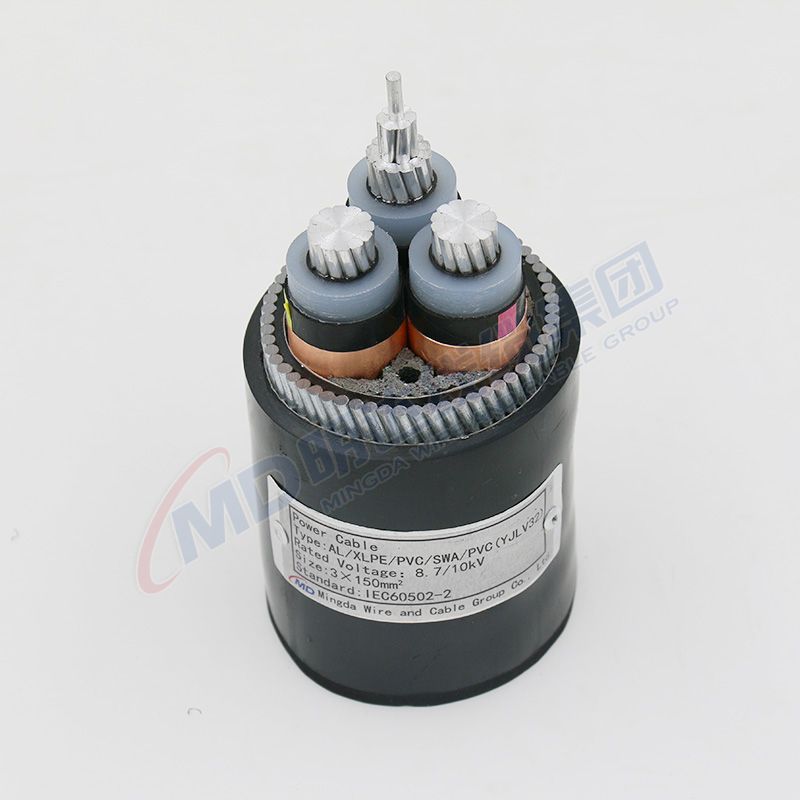Oct . 19, 2024 09:20 Back to list
gate valve actuator
Understanding Gate Valve Actuators Function and Importance
Gate valves are critical components in various industrial processes, serving to control the flow of liquids and gases. At the heart of many gate valve systems lies the actuator, a device that initiates the movement of the gate valve, ensuring that it opens and closes as needed. In this article, we will explore the function and importance of gate valve actuators, highlighting their types, applications, and benefits.
What is a Gate Valve Actuator?
A gate valve actuator is a mechanism that operates the gate of a gate valve. It translates a control signal into the physical movement required to open or close the valve. By doing so, actuators play a crucial role in regulating flow rates and protecting equipment and systems from potential damage due to fluid dynamics.
Types of Gate Valve Actuators
There are several types of actuators used for gate valves, each suitable for different applications
1. Manual Actuators These are operated by hand and typically consist of a wheel or lever connected to the valve. While manual actuators are simple and cost-effective, they require physical effort and may not be suitable for valves located in hard-to-reach areas.
2. Electric Actuators These utilize electric motors to control the valve's position. Electric actuators offer precision and can be operated remotely, making them ideal for applications where quick response times are crucial. They are often used in automated systems where human intervention is minimized.
3. Pneumatic Actuators These actuators use compressed air to move the valve gate. Pneumatic actuators are favored in environments where hazardous materials are present since they don't require electricity. They can provide rapid and powerful movement, making them suitable for high-pressure systems.
4. Hydraulic Actuators Similar to pneumatic actuators, hydraulic actuators use pressurized fluid to operate the valve. They are capable of exerting significant force, making them suitable for heavy-duty applications. However, they require a hydraulic system to provide the fluid power.
gate valve actuator

Applications of Gate Valve Actuators
Gate valve actuators find applications across various industries, including
- Oil and Gas Used in upstream and downstream facilities for flow control and isolation. - Water Treatment Gate valves regulate the flow of water in treatment plants, ensuring the efficient distribution of treated water. - Power Generation Actuators control steam and water flow in power plants, contributing to energy generation efficiency. - Chemical Processing In chemical plants, actuators help in managing chemical flows, ensuring safe and efficient operations.
Benefits of Gate Valve Actuators
1. Safety By automating the operation of gate valves, actuators reduce the risk of human error, enhancing safety in complex processes.
2. Efficiency Actuators enable quicker response times, allowing systems to adapt rapidly to changing conditions, thereby improving operational efficiency.
3. Remote Operation Many actuator types can be operated remotely, which is vital for valves in hazardous locations or where direct access is difficult.
4. Precise Control Electric actuators, in particular, provide precise control over valve position, making them suitable for applications that require specific flow rates.
Conclusion
Gate valve actuators are essential for the effective operation of gate valves in various industries. Whether it be manual, electric, pneumatic, or hydraulic, each actuator type offers unique advantages that cater to specific operational needs. By facilitating flow control and enhancing safety, gate valve actuators play a pivotal role in ensuring the efficiency and reliability of industrial processes. Understanding their function and importance helps businesses to choose the right actuator for their applications, ultimately leading to optimized operations and improved productivity.
Share
-
Reliable Wafer Type Butterfly Valves for Every IndustryNewsJul.25,2025
-
Reliable Flow Control Begins with the Right Ball Check ValveNewsJul.25,2025
-
Precision Flow Control Starts with Quality ValvesNewsJul.25,2025
-
Industrial Flow Control ReliabilityNewsJul.25,2025
-
Engineered for Efficiency Gate Valves That Power Industrial PerformanceNewsJul.25,2025
-
Empowering Infrastructure Through Quality ManufacturingNewsJul.25,2025